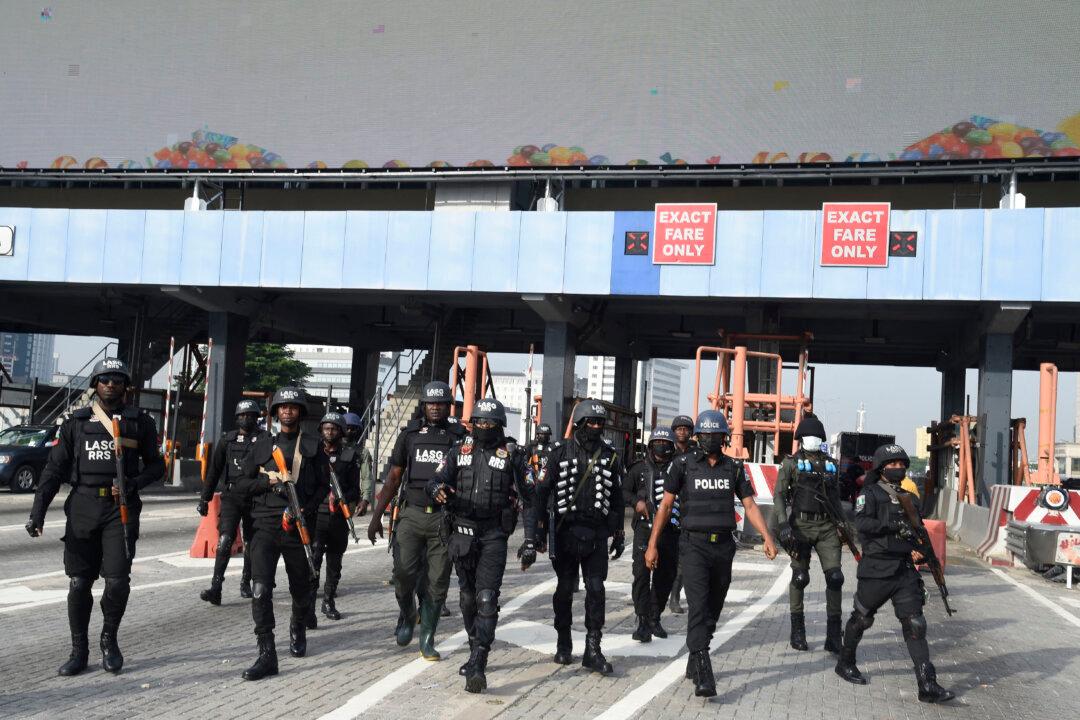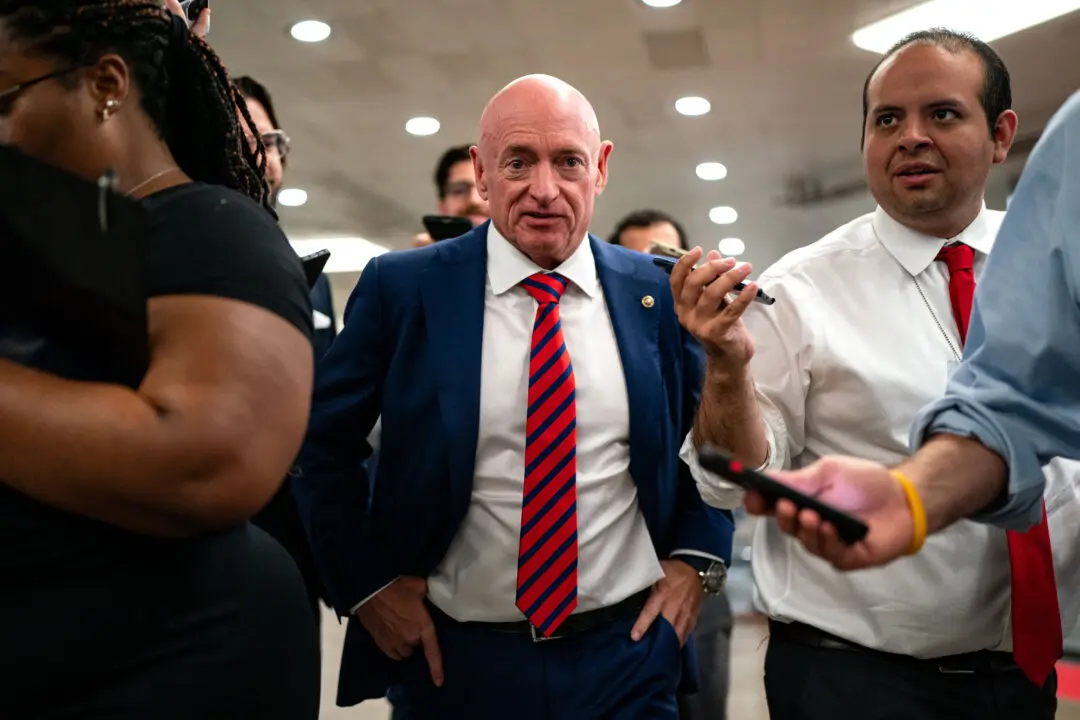Gunmen opened fire on a group of vehicles traveling through southeast Nigeria on Tuesday, killing four people, including two U.S. consulate employees and two local police officers.
Tochukwu Ikenga, a police spokesman in the Nigerian state of Anambra, announced that the attack took place along a major road in the Ogbaru local government. He said the attackers murdered two Police Mobile Force operatives in the convoy and the two U.S. consulate staff members and set fire to the victims and their vehicles. He clarified that no U.S. citizens were in the convoy.





